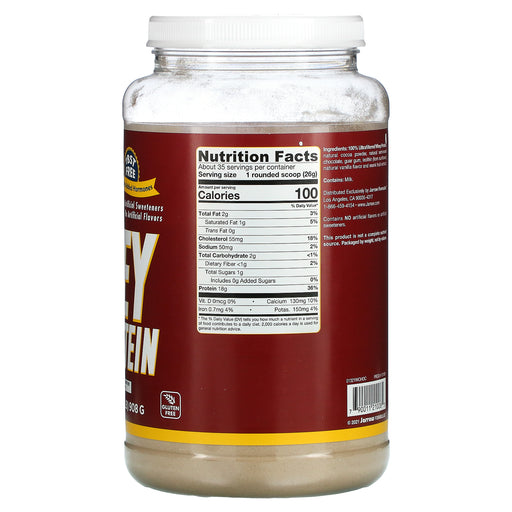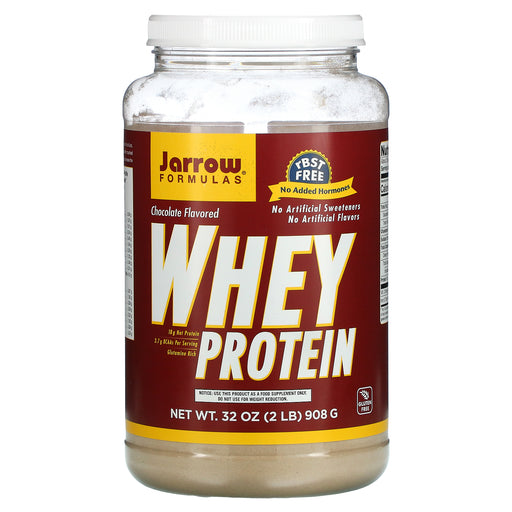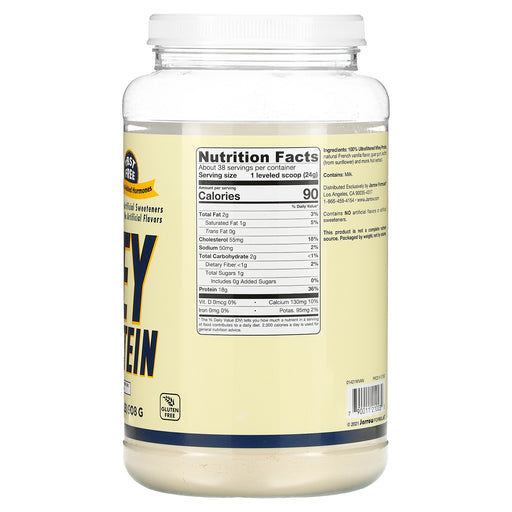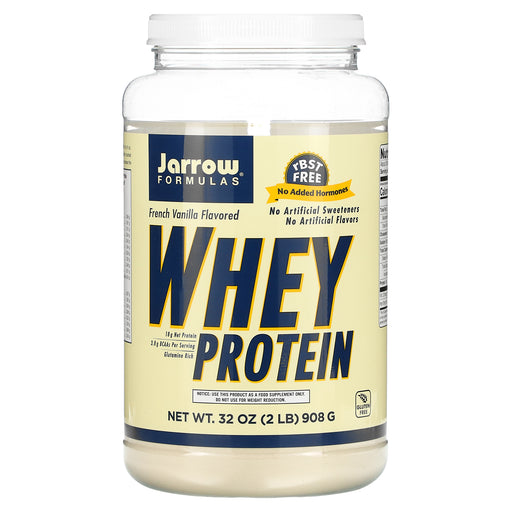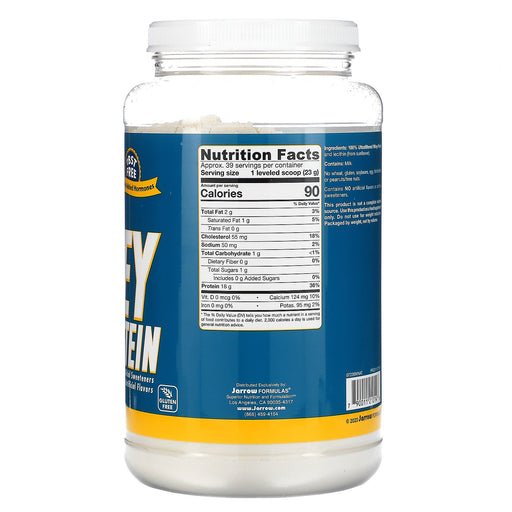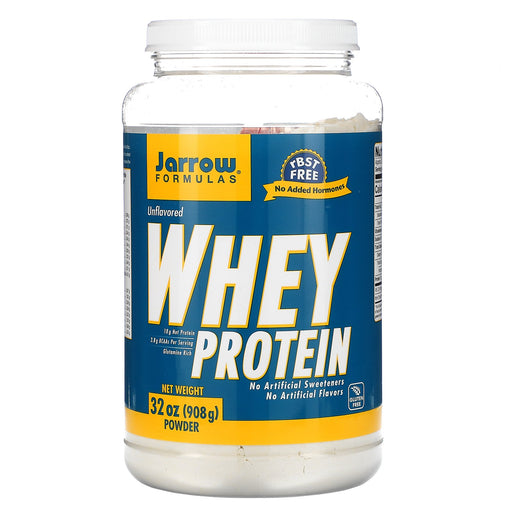
A Cost-Effective, Well-Rounded Protein Source
Whey protein concentrate (WPC) is a popular and cost-effective protein supplement that offers a well-rounded balance of protein, carbohydrates, and fats. As a staple in the world of sports nutrition and fitness, WPC provides a range of benefits for muscle growth, recovery, and overall health.
Understanding Whey Protein Concentrate
Whey protein concentrate is derived from milk during the cheese-making process. It typically contains 70-80% protein, with the remaining content consisting of lactose (milk sugar), fat, and other bioactive compounds.
Compared to other forms of whey protein, such as whey protein isolate (WPI) and whey protein hydrolysate (WPH), WPC undergoes less processing and retains more of the natural nutrients found in milk. This results in a protein supplement that is not only cost-effective but also provides a balanced macronutrient profile.
The Benefits of Whey Protein Concentrate Supplementation
Incorporating whey protein concentrate supplements into your fitness and health regimen can provide numerous benefits, including:
- Muscle Growth and Recovery: WPC's high content of essential amino acids, particularly branched-chain amino acids (BCAAs), supports muscle protein synthesis and promotes post-workout recovery.
- Balanced Macronutrient Profile: The presence of lactose and fat in WPC provides a source of carbohydrates and healthy fats, making it a well-rounded option for overall nutrition.
- Immune Function Support: WPC contains immunoglobulins and other bioactive compounds that may help support immune health and protect against infections.
- Enhanced Satiety: The combination of protein, carbohydrates, and fats in WPC can help promote feelings of fullness and reduce appetite, making it a useful tool for weight management.
- Cost-Effective Option: Compared to other forms of whey protein, WPC is generally more affordable, making it an accessible option for those on a budget.
Whey Protein Concentrate and Related Vitamins
To maximize the benefits of whey protein concentrate supplementation, consider pairing it with essential vitamins and minerals that support muscle health, recovery, and overall well-being, such as:
- Vitamin D: This essential vitamin plays a crucial role in muscle function, immune health, and bone strength. Combining WPC with Vitamin D can provide a synergistic effect for muscle and overall health.
- Magnesium: This mineral is involved in energy production, muscle function, and recovery. Pairing WPC with magnesium can help optimize muscle performance and support post-workout recovery.
- Zinc: This essential mineral plays a vital role in protein synthesis, immune function, and wound healing. Combining WPC with zinc can further support muscle growth and overall health.
Choosing High-Quality Whey Protein Concentrate Supplements
When selecting a whey protein concentrate supplement, it's essential to choose a high-quality product from a reputable brand. Consider the following factors:
- Protein Quality: Look for supplements that use high-quality, pure whey protein concentrate sources, with minimal added ingredients or fillers.
- Protein Content: Choose supplements that provide an optimal amount of protein per serving, typically ranging from 20-30 grams, to support muscle growth and recovery.
- Flavor and Mixability: Consider the flavor and mixability of the protein powder, as these factors can greatly impact your enjoyment and consistency of use.
- Brand Reputation: Select supplements from trusted brands with a history of producing effective, science-backed whey protein concentrate products and a commitment to quality and transparency.
Incorporating Whey Protein Concentrate into Your Fitness and Health Regimen
To maximize the benefits of whey protein concentrate supplementation, consider the following tips:
- Timing: Consume WPC within 30 minutes post-workout to support muscle recovery and growth. You can also use WPC as a convenient meal replacement or snack throughout the day to help meet your protein needs.
- Dosage: Aim for 20-30 grams of WPC per serving, depending on your body weight, fitness goals, and overall protein intake from food sources.
- Combine with a Balanced Diet: While WPC supplements can be a valuable addition to your diet, they should be used in conjunction with a balanced, whole-food-based eating plan that includes a variety of protein sources, complex carbohydrates, healthy fats, and fiber.
- Pair with Resistance Training: To fully maximize the muscle-building and strength-enhancing benefits of WPC, combine supplementation with a consistent resistance training program that challenges your muscles and promotes growth.
Support Your Fitness Journey with High-Quality Whey Protein Concentrate
Ready to fuel your muscle growth, recovery, and overall health with a cost-effective, well-rounded protein source? Experience our collection of premium whey protein concentrate supplements and find the perfect product to support your fitness goals and healthy lifestyle.
Our whey protein concentrate supplements are carefully crafted using high-quality, pure protein sources and are available in a variety of delicious flavors to suit your taste preferences. Whether you're looking to build lean muscle, enhance post-workout recovery, or support your overall nutrition, our WPC supplements can help you achieve your goals.
Remember, while whey protein concentrate can be a valuable tool in your fitness and health journey, it should be part of a comprehensive approach that includes a balanced diet, regular exercise, and healthy lifestyle habits. By incorporating WPC into a holistic wellness plan, you can optimize your results and unleash your full potential.
Elevate your fitness journey and support your health with our premium whey protein concentrate supplement collection. Browse our products today and take the first step towards fueling your success and achieving your goals.
Frequently Asked Questions about Whey Protein Concentrate
1. What is whey protein concentrate?
Whey protein concentrate is a type of protein supplement derived from whey, the liquid portion of milk that separates during the cheese-making process. It is produced by removing some of the non-protein components, such as lactose and fat, resulting in a powder that typically contains 70-80% protein by weight. Whey protein concentrate also retains some of the beneficial compounds found in whey, such as immunoglobulins and bioactive peptides. It is a popular choice among athletes and fitness enthusiasts looking to support muscle growth, recovery, and overall protein intake.
2. Is whey protein isolate or concentrate better?
The choice between whey protein isolate and concentrate depends on individual goals, preferences, and tolerances. Here are some factors to consider:
- Protein content: Whey isolate has a higher protein concentration (90-95%) compared to concentrate (70-80%)
- Lactose content: Whey isolate is further processed to remove most of the lactose, making it a better option for those with lactose intolerance
- Fat content: Whey isolate has less fat compared to concentrate
- Beneficial compounds: Whey concentrate retains more of the beneficial compounds found in whey, such as immunoglobulins and bioactive peptides
- Price: Whey concentrate is generally more affordable than isolate
Ultimately, both forms of whey protein are high-quality and can support muscle growth and recovery.
3. Is it safe to take whey protein concentrate?
Yes, whey protein concentrate is generally safe for most people when consumed in recommended amounts as part of a balanced diet. However, there are a few considerations:
- Lactose intolerance: Whey concentrate contains some lactose, which may cause digestive discomfort for those with lactose intolerance. In this case, whey isolate or a non-dairy protein alternative may be a better choice
- Milk allergies: Those with milk protein allergies should avoid whey concentrate and opt for plant-based protein sources instead
- Kidney function: Individuals with pre-existing kidney conditions should consult their healthcare provider before adding whey protein to their diet
- Quality and purity: Choose high-quality whey protein concentrate supplements from reputable manufacturers to ensure safety and purity
As with any supplement, it's always best to consult a healthcare professional before adding whey protein concentrate to your diet.
4. Is whey protein concentrate good for muscle gain?
Yes, whey protein concentrate can be an excellent choice for supporting muscle gain when combined with a resistance training program and a balanced diet. Whey concentrate offers several benefits:
- High-quality protein: Whey is a complete protein source, containing all the essential amino acids needed for muscle growth and repair
- Leucine content: Whey is rich in the branched-chain amino acid leucine, which is known to stimulate muscle protein synthesis
- Digestibility: Whey protein is quickly digested and absorbed, making it an efficient source of protein for post-workout recovery
- Affordability: Whey concentrate is generally more affordable than whey isolate, making it a cost-effective option for those looking to support muscle gain
5. What are the side effects of whey protein concentrate?
While whey protein concentrate is generally well-tolerated by most people, some individuals may experience side effects, including:
- Digestive discomfort: Those with lactose intolerance may experience bloating, gas, or diarrhea due to the lactose content in whey concentrate
- Allergic reactions: Individuals with milk protein allergies may experience symptoms like hives, itching, or difficulty breathing
- Acne: Some people may be prone to developing acne or skin irritation due to the consumption of whey protein
- Kidney strain: Excessive protein intake, in general, can put additional strain on the kidneys, particularly in those with pre-existing kidney conditions
It's essential to listen to your body and consult with a healthcare professional if you experience any adverse reactions to whey protein concentrate.
6. Can I take whey protein without a workout?
Yes, you can take whey protein without a workout. While whey protein is often associated with post-workout recovery and muscle building, it can also be a convenient and effective way to increase your daily protein intake, regardless of your exercise routine. Here's why:
- Meeting protein needs: Whey protein can help you meet your daily protein requirements, which are important for overall health, muscle maintenance, and recovery
- Meal replacement: A whey protein shake can serve as a quick and easy meal replacement when you're short on time or unable to prepare a protein-rich meal
- Nutrient timing: Spreading your protein intake evenly throughout the day can optimize muscle protein synthesis and support muscle maintenance
- Convenience: Whey protein supplements are portable and easy to prepare, making them a convenient option for busy individuals.
7. Is it okay to drink whey protein on an empty stomach?
Yes, it is generally okay to drink whey protein on an empty stomach. In fact, consuming whey protein on an empty stomach can have some advantages:
- Fast absorption: Without the presence of other nutrients to slow down digestion, whey protein can be quickly absorbed by the body, providing a rapid increase in amino acid levels
- Convenience: Drinking a whey protein shake on an empty stomach can be a quick and easy way to get a protein boost, especially when you're short on time
- Pre-workout: Consuming whey protein before a workout can help provide energy and support muscle protein synthesis during exercise
However, some individuals may experience digestive discomfort when consuming whey protein on an empty stomach, particularly if they are sensitive to lactose or have a history of digestive issues.


